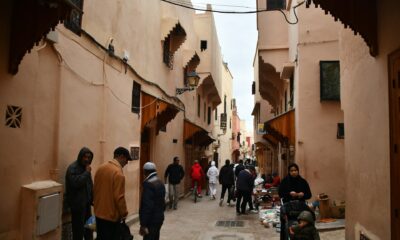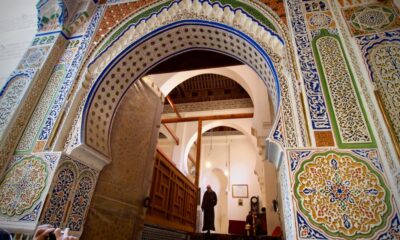Africa
Regional Development Program Budget in Fez Meknes Set at 29.5 MMDH
The Fez-Meknès Regional Council has approved its Regional Development Program 2022-2027, with a budget of 29.5 MMDH. The program focuses on four priorities: strengthening economic attractiveness, reducing inequalities between rural and urban areas, preserving the environment, and promoting the region’s cultural heritage.
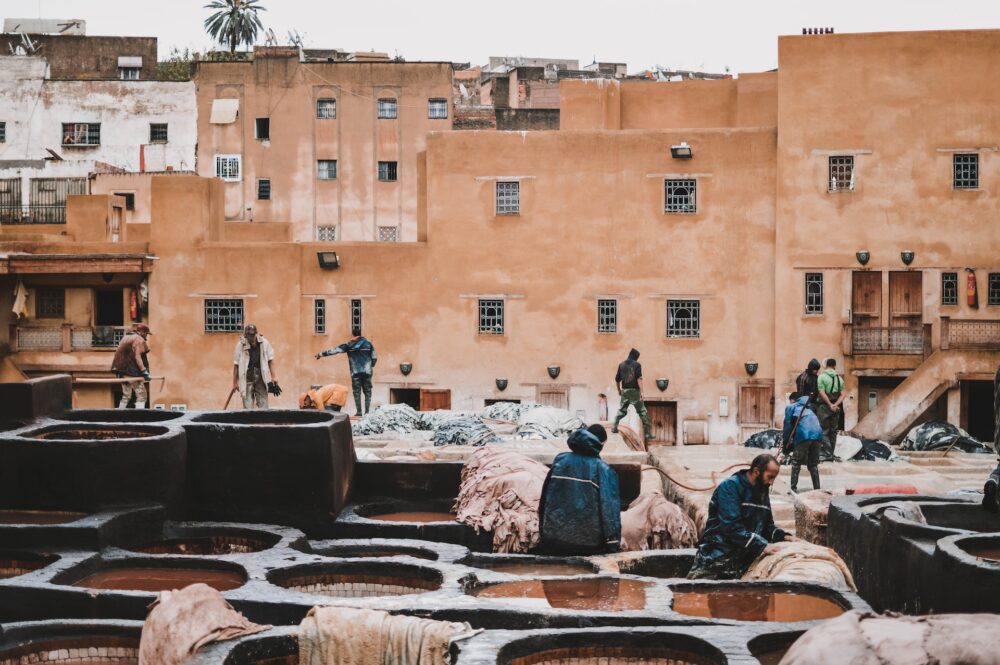
The Fez-Meknès region is charting its course for the next five years. Last Thursday, the Regional Council approved its 2022-2027 regional development program at an extraordinary session chaired by the wali. With an overall budget of 29.5 MMDH, the main ambition of this regional development program is to “lay the foundations for sustainable economic and social development by developing an attractive territorial offer for investment and by mobilizing the region’s potential, as well as its historical heritage, for the benefit of the population.”
Priority has been given to economic development and the continuation of rural development efforts. As a result, 80% of the total budget, i.e. over 23 MMDH, is devoted to these two areas. Of the 380 projects programmed, economic projects account for 12.6 MMDH (43% of the total), followed by rural and social development projects with 11 MMDH (37%). Projects linked to the preservation of natural and ecological resources will mobilize 3.54 MMDH (12%), while those relating to the development of cultural heritage, scientific research, and the knowledge economy will account for 2.36 MMDH (8%).
“To finance these projects, the region will make a direct contribution of 8.5 MMDH. The remainder, i.e. 21 MMDH, will come from various partners”, emphasizes Er-Rafik Youness, 1st Vice-President of the Fès-Meknès Regional Council.
Read more about the regional development program budget in Fez Meknes and find the latest economic news from around the world with the Born2Invest mobile app.
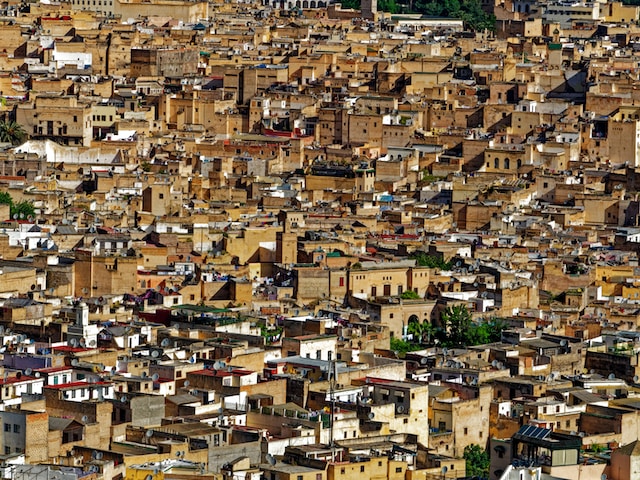
Seven strategic priorities of the regional development program
The regional development program is based on seven main strategic axes, each aimed at improving and strengthening a key aspect of the region’s development. The first axis focuses on transforming the region into a pole of attraction for private investment, by increasing its competitiveness and attractiveness for investment. The regional development program also aims to stimulate growth in priority economic sectors and promote job creation, while boosting the economy for the benefit of both rural and urban populations. The third axis concerns the further development of the rural world, with a view to reducing social inequalities between town and country.
The regional development program will also focus on equitable access to social services, improving the quality of these services, and promoting the integration of women, young people, and vulnerable groups. The fifth axis will focus on enhancing the value of cultural heritage for the benefit of citizens, with particular emphasis on the development of infrastructures and cultural activities. The sixth axis is dedicated to the protection of natural and ecological resources in the face of climate change, strengthening the region’s resilience while preserving its precious resources.
Finally, the last axis encourages scientific research and the knowledge economy, promoting the expansion of university infrastructures and research, and accelerating regional development. In addition, a transversal axis has been set up to strengthen governance capacities. The aim is to ensure efficient project implementation and optimal selection of delegated project leaders, thus guaranteeing the overall success of regional development.
Results of the territorial diagnosis
The territorial diagnosis of the region has clearly identified four essential needs that will guide its future development. Firstly, there is a need to strengthen economic development by improving the region’s attractiveness and competitiveness. This implies revitalizing economic sectors, with an emphasis on the social and solidarity economy, while promoting skills enhancement and job creation. The diagnosis also noted that rural and social development is essential to reduce disparities between the region’s provinces and prefectures, by investing in infrastructure, education, and health services, while strengthening road and sports infrastructure in rural areas.
Environmental protection and the promotion of renewable energies are also crucial to preserving natural resources and exploiting the region’s renewable energy potential while improving energy efficiency. Finally, enhancing the region’s rich cultural heritage is a priority. This requires the preservation of both tangible and intangible heritage, as well as the strengthening of cultural infrastructures and activities in the region. “These four fundamental needs will serve as the basis for drawing up effective development strategies for the region,” concluded Er-Rafik.
__
(Featured image by Carlos Ibáñez via Unsplash)
DISCLAIMER: This article was written by a third party contributor and does not reflect the opinion of Born2Invest, its management, staff or its associates. Please review our disclaimer for more information.
This article may include forward-looking statements. These forward-looking statements generally are identified by the words “believe,” “project,” “estimate,” “become,” “plan,” “will,” and similar expressions. These forward-looking statements involve known and unknown risks as well as uncertainties, including those discussed in the following cautionary statements and elsewhere in this article and on this site. Although the Company may believe that its expectations are based on reasonable assumptions, the actual results that the Company may achieve may differ materially from any forward-looking statements, which reflect the opinions of the management of the Company only as of the date hereof. Additionally, please make sure to read these important disclosures.
First published in LES ECO.ma. A third-party contributor translated and adapted the article from the original. In case of discrepancy, the original will prevail.
Although we made reasonable efforts to provide accurate translations, some parts may be incorrect. Born2Invest assumes no responsibility for errors, omissions or ambiguities in the translations provided on this website. Any person or entity relying on translated content does so at their own risk. Born2Invest is not responsible for losses caused by such reliance on the accuracy or reliability of translated information. If you wish to report an error or inaccuracy in the translation, we encourage you to contact us.

-

 Crypto1 week ago
Crypto1 week agoHow Trump’s Possible Return to the White House Will Affect the Crypto Market
-
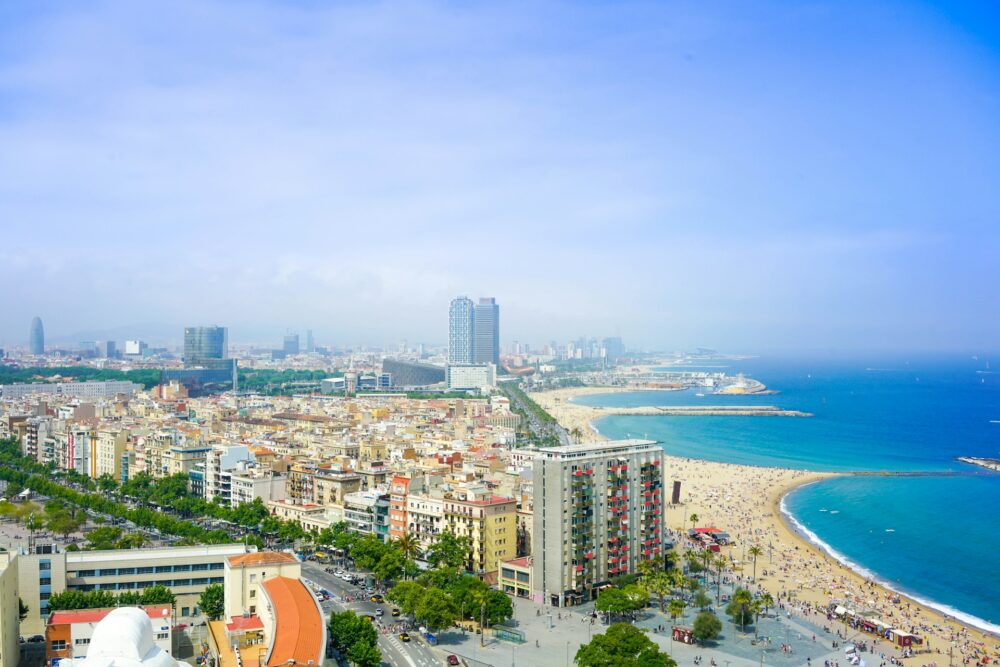
 Cannabis2 weeks ago
Cannabis2 weeks agoBarcelona Orders Dozens of Cannabis Clubs to Close
-

 Markets4 days ago
Markets4 days agoDow Jones Defies Odds as Bull Market Rages On
-

 Crypto1 week ago
Crypto1 week agoCake (Bake) Wants to Close Inactive Accounts – What Is CEO Julian Hosp Planning?
